Industrial heat pumps have revolutionized the HVAC industry by providing energy-efficient heating and cooling solutions. This article aims to shed light on the efficiency, advantages, and diverse applications of industrial heat pumps, showcasing their significance in the field of thermal management.
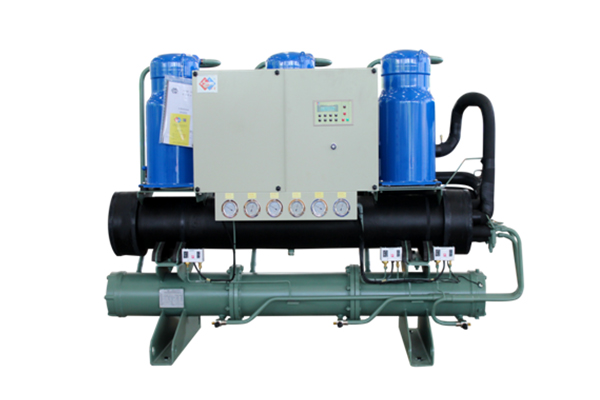
How Efficient Are Industrial Heat Pumps?
1.1 Understanding COP (Coefficient of Performance):
- Explaining the concept of COP and its significance in measuring the efficiency of industrial heat pumps.1.2 Energy Savings:
- Highlighting the substantial energy savings achieved by industrial heat pumps compared to traditional heating and cooling systems.1.3 Environmental Benefits:
- Discussing the reduced carbon footprint and environmental impact resulting from the high efficiency of industrial heat pumps.
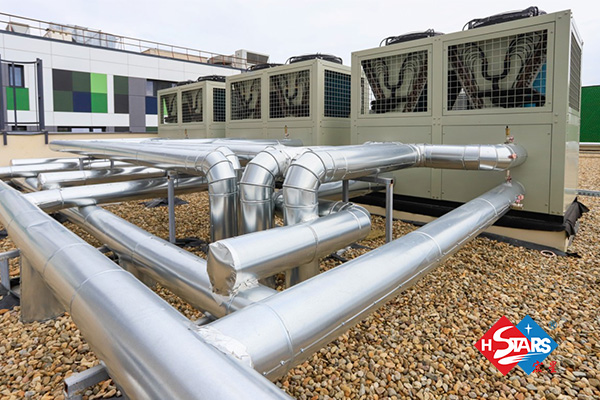
Advantages of Industrial Heat Pumps:
2.1 Versatility:
- Showcasing the versatility of industrial heat pumps in providing both heating and cooling capabilities.2.2 Cost Savings:
- Exploring the long-term cost benefits associated with industrial heat pumps, including reduced energy consumption and operational expenses.2.3 Renewable Energy Integration:
- Highlighting the compatibility of industrial heat pumps with renewable energy sources, such as solar and geothermal, further enhancing their sustainability.2.4 Enhanced Comfort:
- Describing the ability of industrial heat pumps to provide consistent and comfortable indoor climate control throughout the year.Applications of Industrial Heat Pumps:
3.1 Commercial Buildings:
- Discussing how industrial heat pumps are widely used in office complexes, shopping malls, hotels, and hospitals for efficient heating and cooling.3.2 Industrial Processes:
- Exploring the application of industrial heat pumps in industrial processes, such as food processing, manufacturing, and chemical industries, for precise temperature control.3.3 Residential Sector:
- Highlighting the increasing adoption of industrial heat pumps in residential buildings for space heating, domestic hot water, and air conditioning.3.4 Agricultural Sector:
- Showcasing the use of industrial heat pumps in greenhouse farming, livestock facilities, and agricultural drying processes to create optimal environments.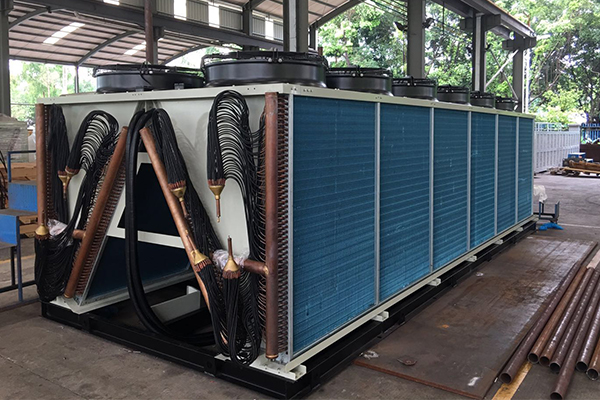
Conclusion:
Industrial heat pumps offer exceptional efficiency, numerous advantages, and a wide range of applications in the HVAC industry. Their energy-saving capabilities, cost-effectiveness, and versatility make them an attractive choice for various sectors, including commercial, industrial, residential, and agricultural. As the demand for sustainable heating and cooling solutions continues to rise, industrial heat pumps play a crucial role in meeting the evolving needs of the thermal management industry.
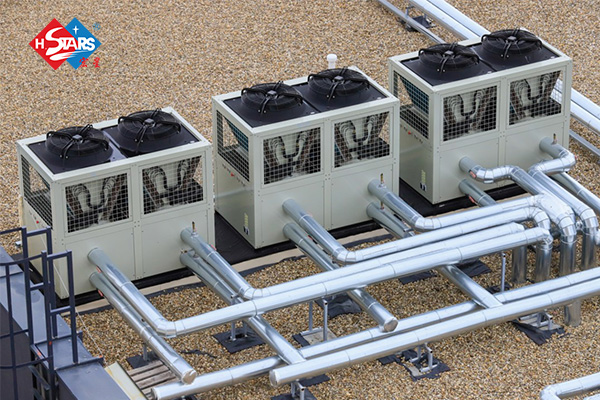
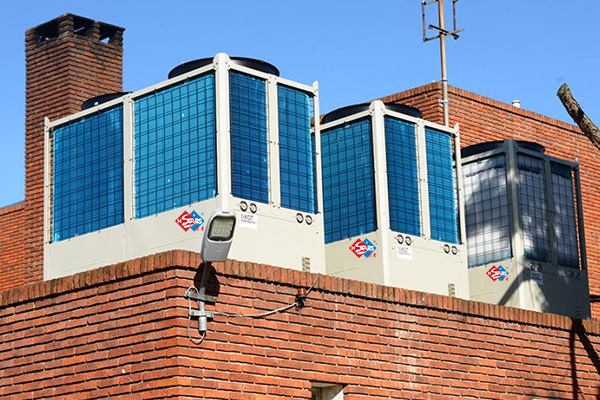
评论
发表评论